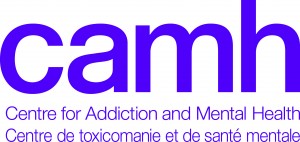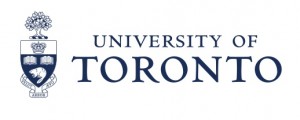Federal and Provincial Proof of Principle Programs Support Translational Technology Development
 TORONTO (August 16, 2010) – MaRS Innovation (MI) is pleased to announce that translational funding to support product development for early-stage technologies from its members has been successfully deployed from federal and provincial sources. At the federal level, three of MI’s commercialization projects have recently received notification of funding from the Canadian Institutes of Health Research (CIHR) Proof of Principle (PoP) program, amounting to approximately $470,000.
TORONTO (August 16, 2010) – MaRS Innovation (MI) is pleased to announce that translational funding to support product development for early-stage technologies from its members has been successfully deployed from federal and provincial sources. At the federal level, three of MI’s commercialization projects have recently received notification of funding from the Canadian Institutes of Health Research (CIHR) Proof of Principle (PoP) program, amounting to approximately $470,000.
Moreover, MI has successfully deployed about $1 million in proof of principle funding received from the Ontario Ministry of Research and Innovation (MRI) through the Ontario Centres of Excellence (OCE). This provincial program was previously managed by the MI founding commercialization partners in the life and physical sciences, BioDiscovery Toronto (BDT) and Technology Transfer Toronto (TTT). MI is grateful that these organizations laid the foundation for provincial proof of principle funding and looks forward to continuing a successful provincial PoP program.






